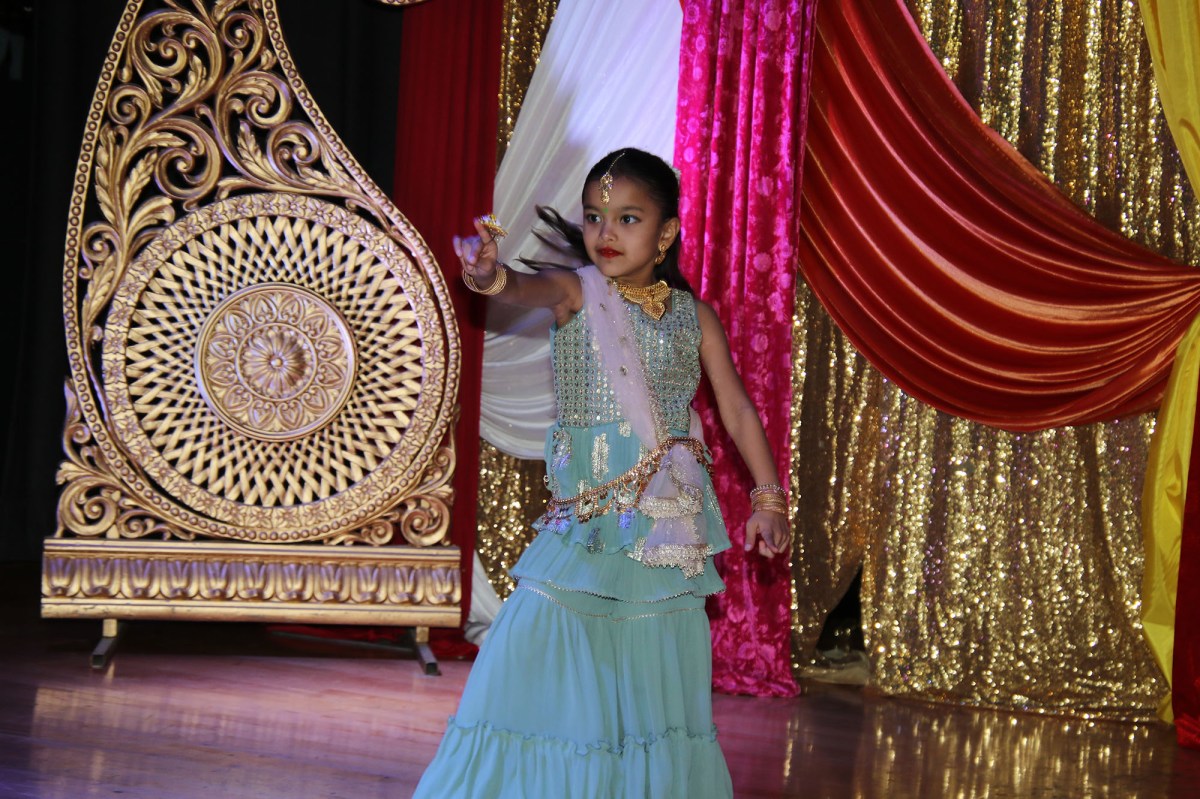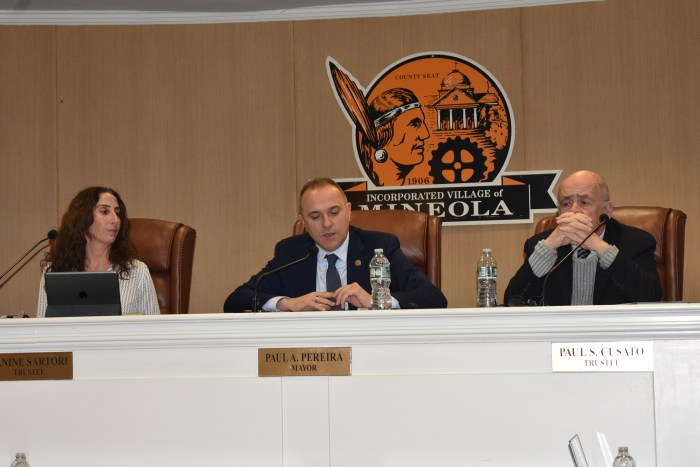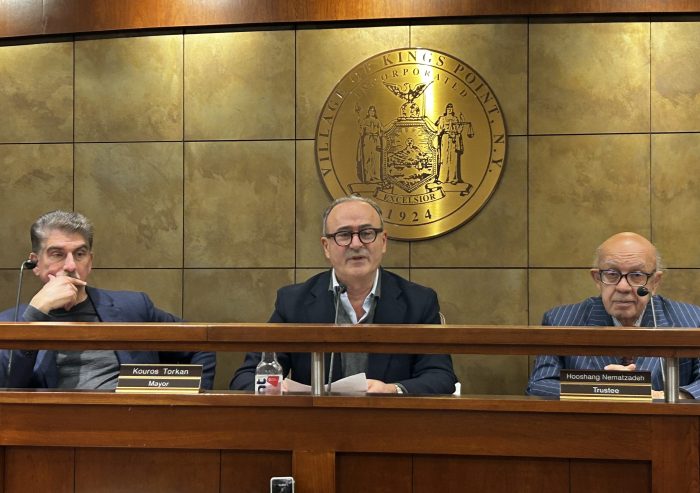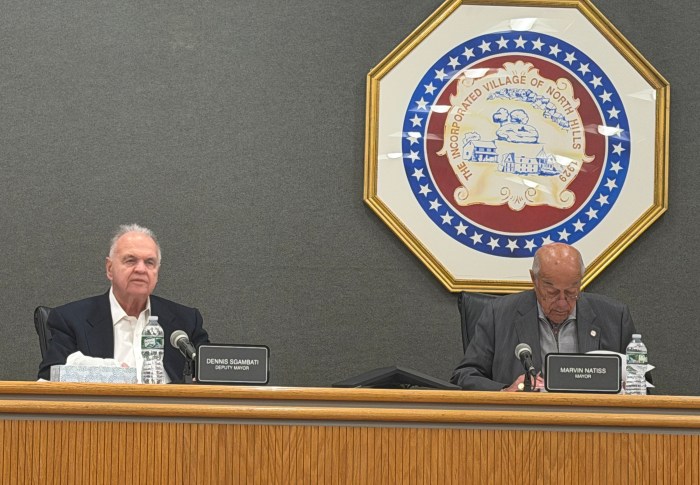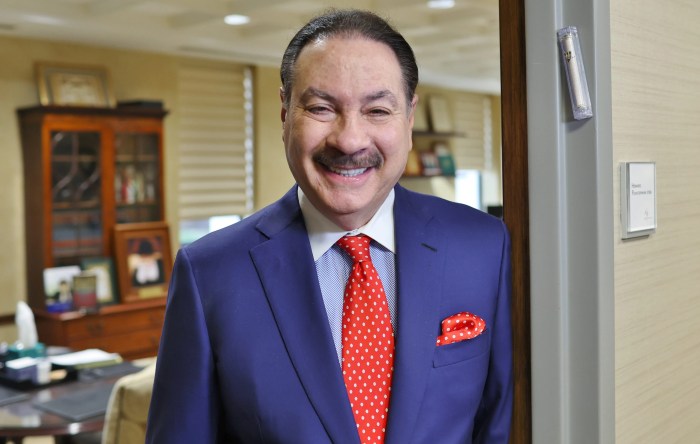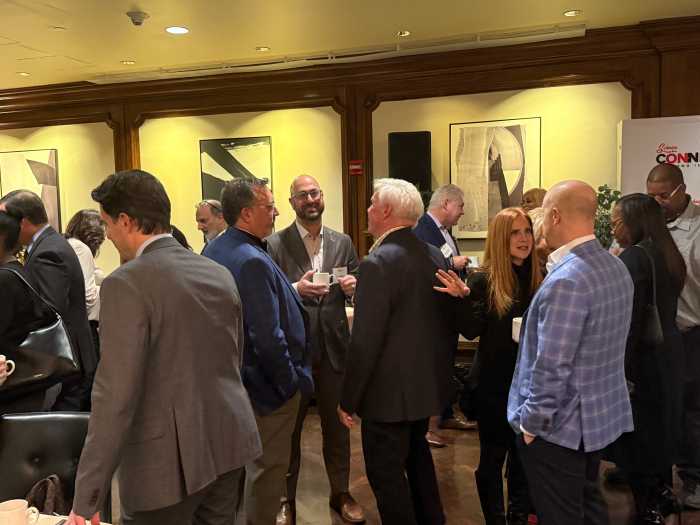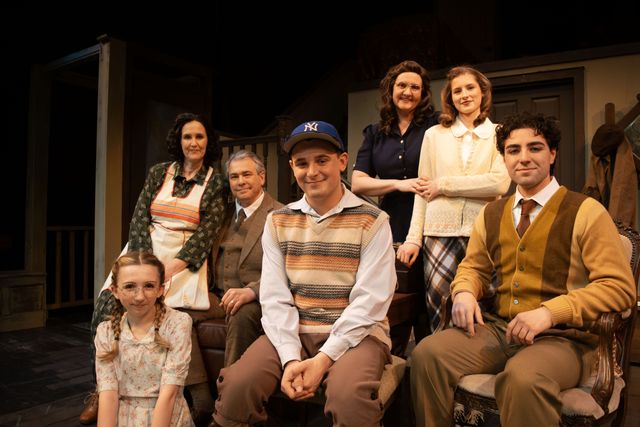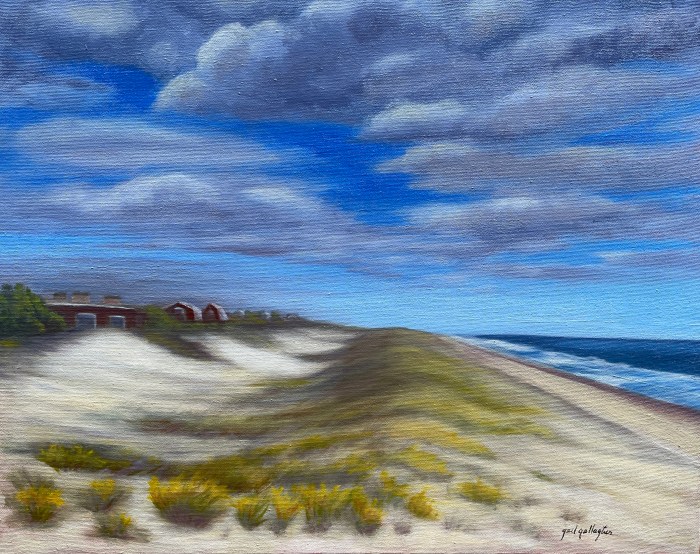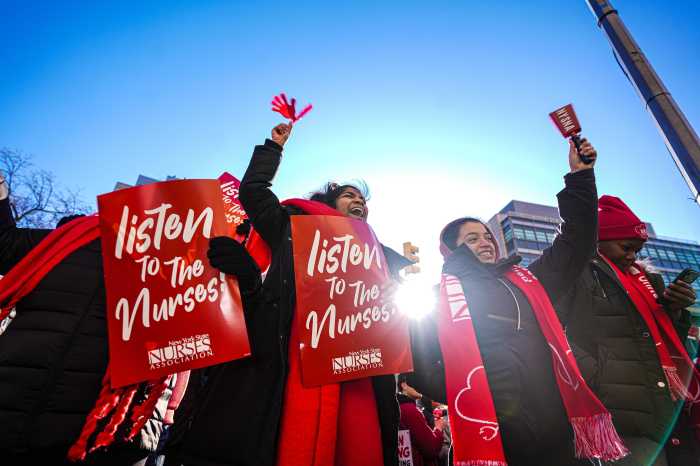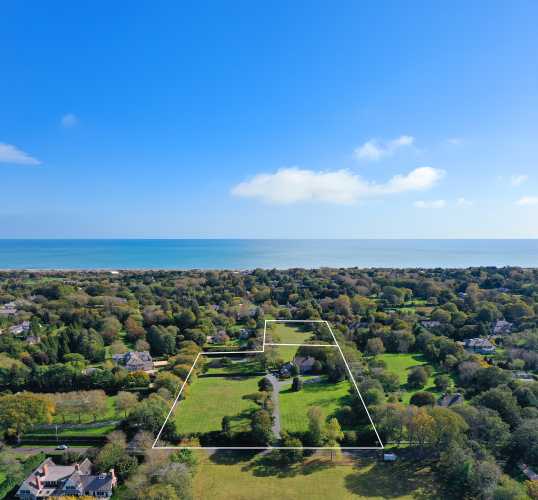New Hyde Park danced through its fourth annual Diwali celebration this past Friday, Oct. 17, marking the religious and cultural Indian festival of lights.
The village’s celebration is important, not just because of the holiday itself, but because of what it demonstrates to the community, said Deputy Mayor Madhvi Nijjar, the first Indian-American woman to be elected to the village board.
“We started this celebration because we realized there’s a lot of people from a South Asian background in our community, but they are not coming forward to attend events or to be part of village hall meetings,” Nijjar said. “We wouldn’t see them anywhere, whether it was good or bad. Since I got elected, we thought that it was a good opportunity to start something that represents South Asians in the community.”
If this year’s event attendance and feedback are any benchmark, she seems to be achieving her goal of engaging her community: Residents packed into village hall, turning the affair into a standing-room-only gathering.
“The word is definitely getting around, and that was our goal, for the community to know that we are here. We want to represent you and we want you to come to us,” Nijjar said. “I think, slowly but surely, we’re reaching that goal and assuring the South Asian community that we are here, that they are represented, and we want them to be part of other events.”
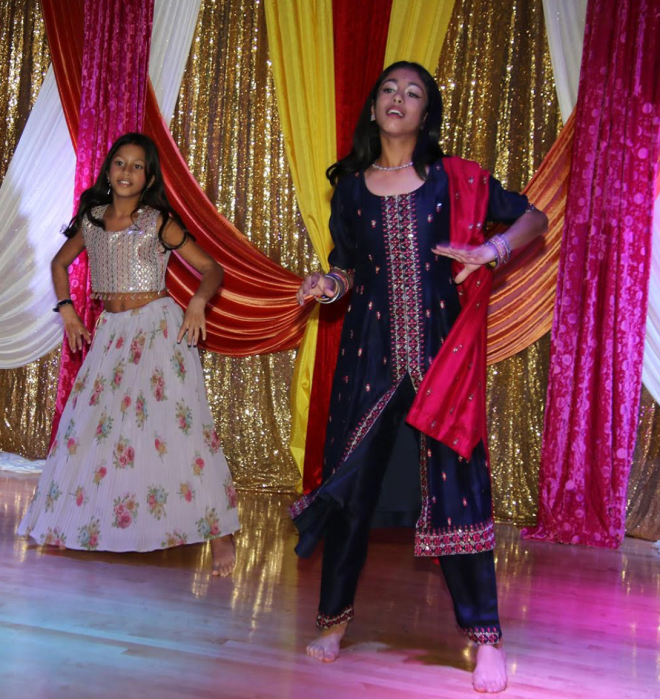
“People will come up to me and say, ‘Thank you for doing this,’” Nijjar said. “I’m assuming they’re saying, ‘Thank you for representing us. Thank you for giving our kids a platform to know what Diwali is. Thank you for showing that we belong in this community.’”
Nijjar said people were already excited about next year’s event, which will be held in the village’s community center. It will open next spring.
“It’s only getting bigger and better,” Nijjar said. “People definitely want more.”
But four years ago, when she started organizing the event, she said she was a bit hesitant and didn’t quite know where to start. She and the board turned to engaging with the community’s children first for the celebration, suggesting that local schools promote an essay contest on Diwali.
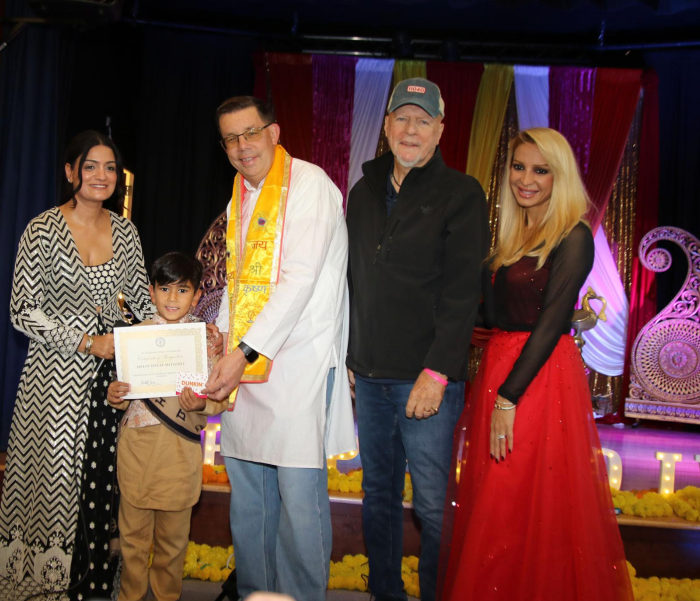
“We realized that the best way to get anyone involved in any community is to get the kids involved. If you get the kids involved, the parents will follow,” she said. The essay contest has grown, and the village continues to honor those who write at the annual celebration.
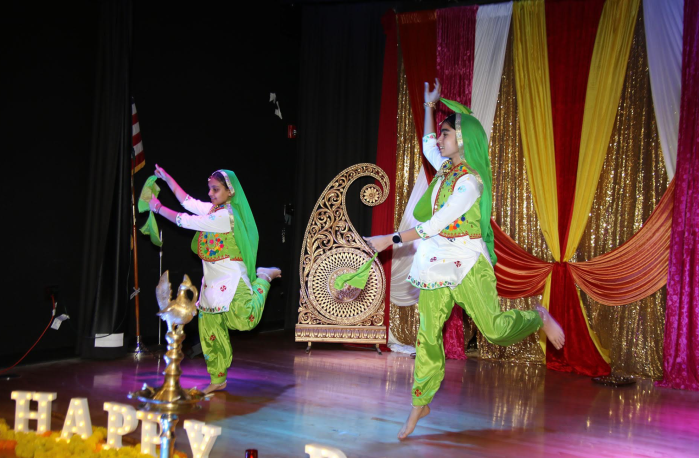
The Friday celebration also involved informational speeches on the significance of the holiday, Indian food donated from Jackson Diner, cultural dances and performances, Henna temporary tattooing and Indian crafts for children, including rangoli.
Nijjar said she valued being able to educate members of the community who don’t celebrate Diwali during the celebration.
“I used to say, Diwali is a combination of Thanksgiving and Christmas because we eat, we give gifts, and a combination of Halloween, because we get dressed up, and Fourth of July, because we do fireworks,” Nijjar said. “It’s a combination of a bunch of things that we do. Going to temple is very important to us. Acknowledging the presence of God is very important.”
“But regardless of how Indians celebrate, one thing remains the same. We all light diya, which is a clay lamp,” she continued. “It signifies that regardless of what happens in bad times, the good times are always going to come, that the light always shines. I think that’s what we need in today’s time, with all our differences, that we need to tell everyone that we can all find something common, all of us in our community.”
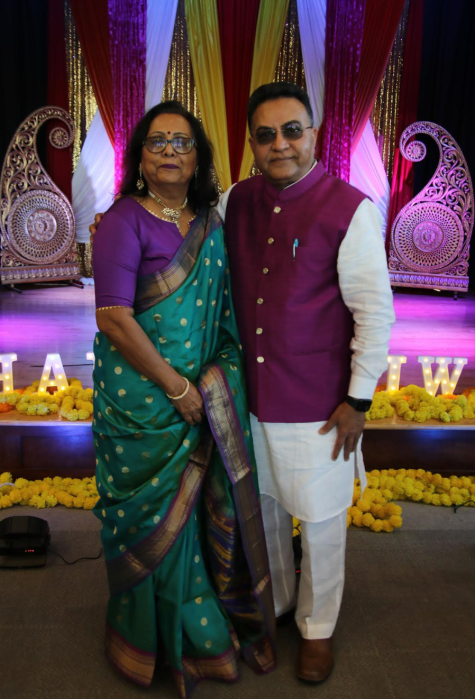
Nijjar extended the invitation to the community for next year’s Diwali celebration a year in advance.
“Come. Get to know each other. Honestly, we don’t live where we don’t know who our neighbors are and we shouldn’t,” Nijjar said. “So, come join. Come learn about Diwali. Come take part.”




